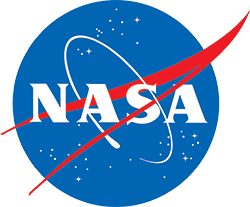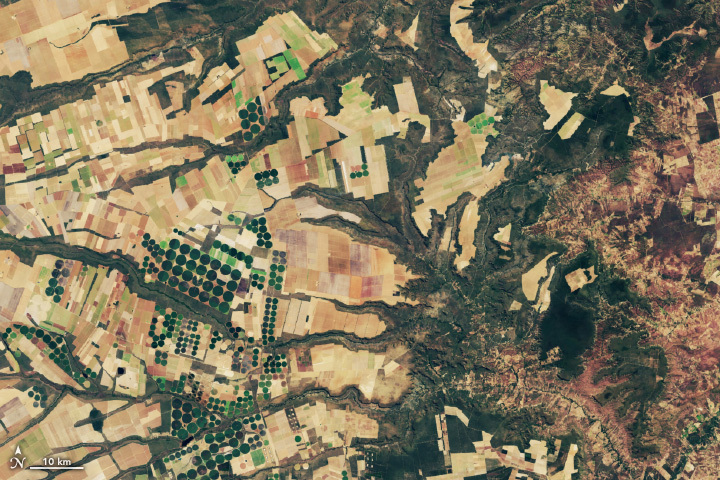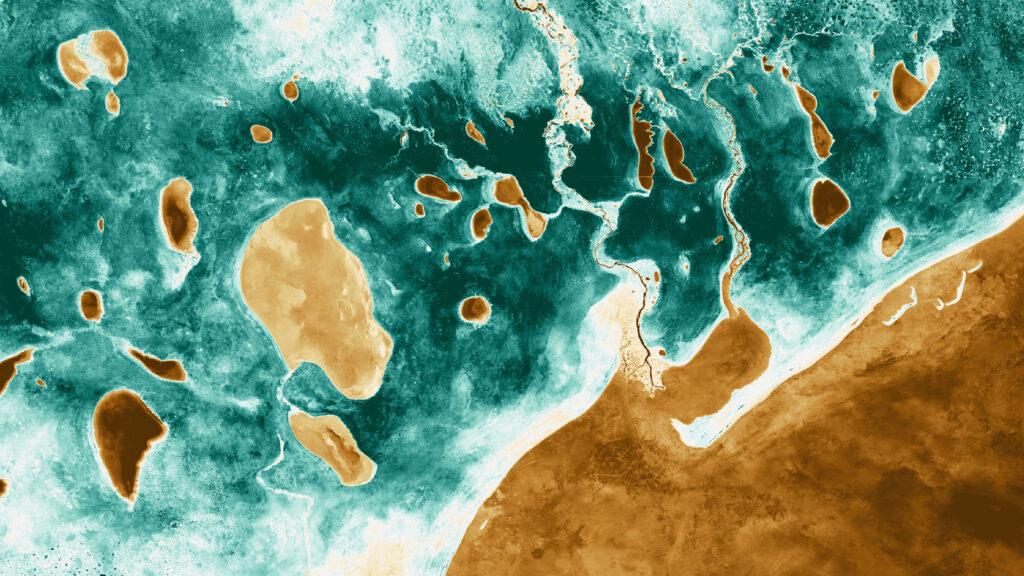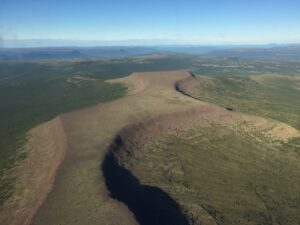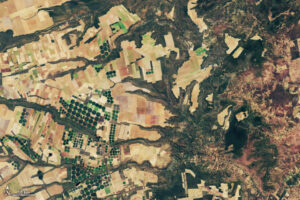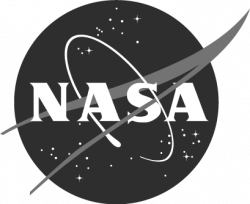As reported in the May issue of the Landsat Project Update, USGS librarian Carol Deering has analyzed the occurrence of Landsat-related articles in over 300 professional journals to determine the disciplines that use Landsat data most frequently.
Deering’s results verify the use of Landsat data across a wide spectrum of scientific fields—from coastal management to biogeography. Visit the USGS Landsat Project Update to learn more and to see a graphical representation of the study results.
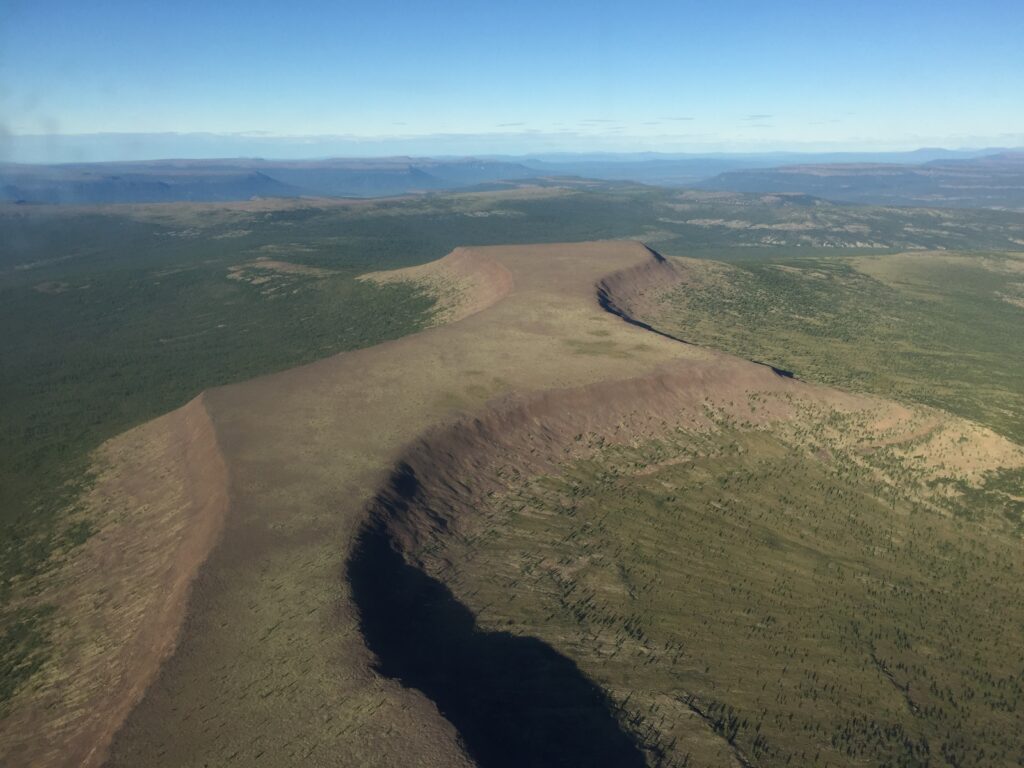
NASA Study Finds Potential Carbon Sink in Boreal Forest Growth
New research led by Landsat 8/9 Project Scientist Chris Neigh used Landsat and ICESat-2 data to investigate how boreal forests growth could sequester carbon.
